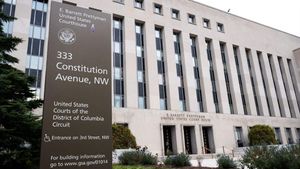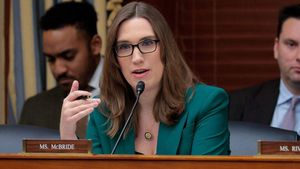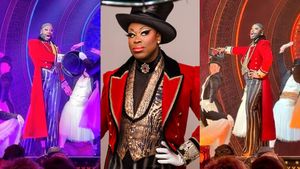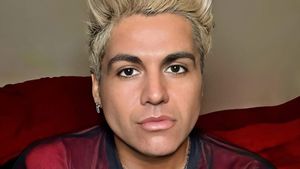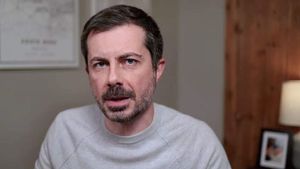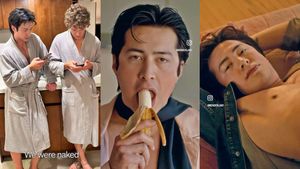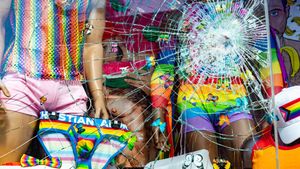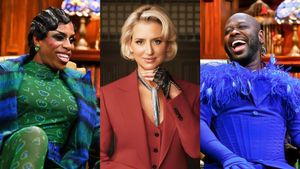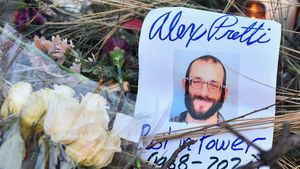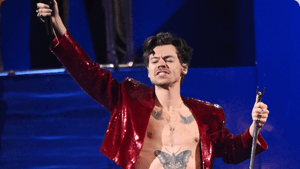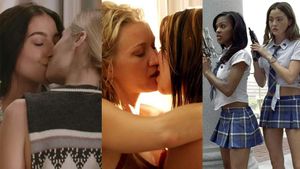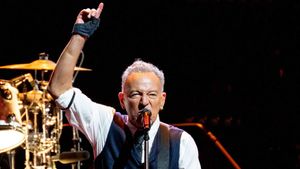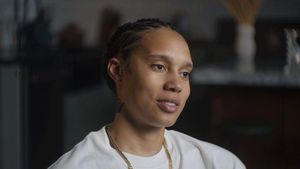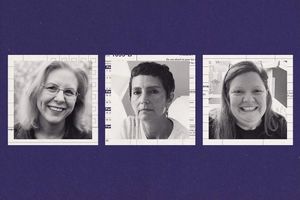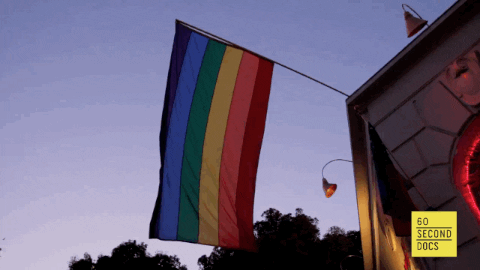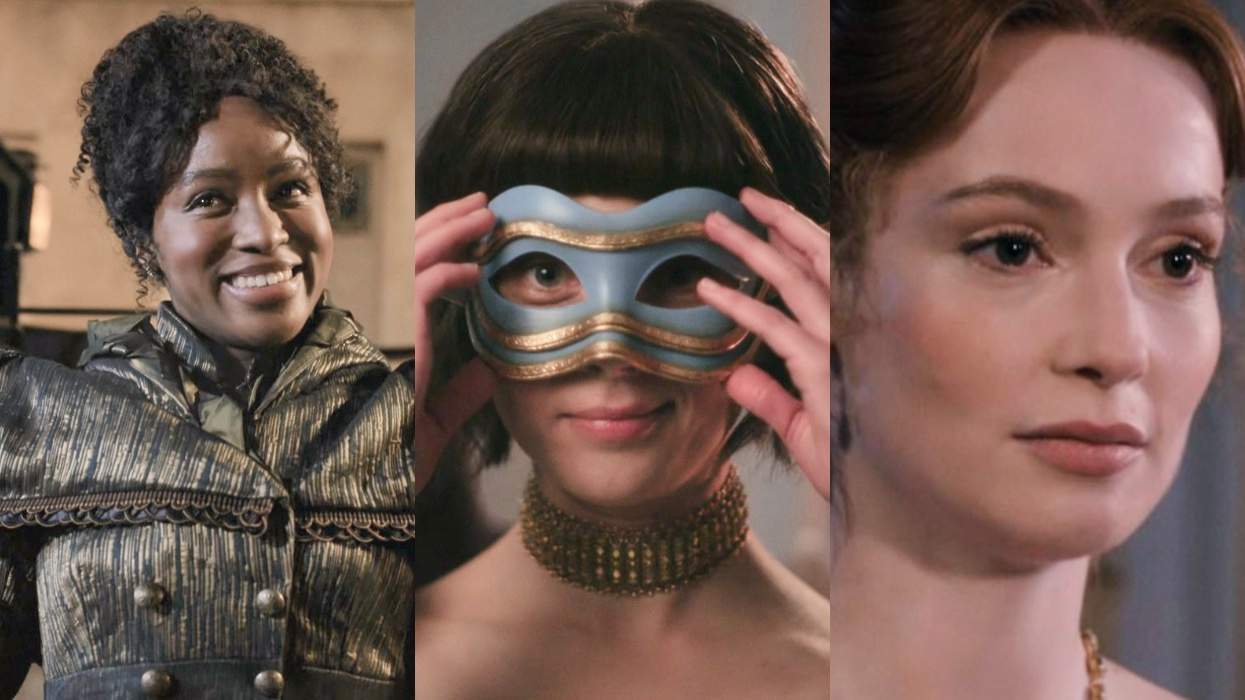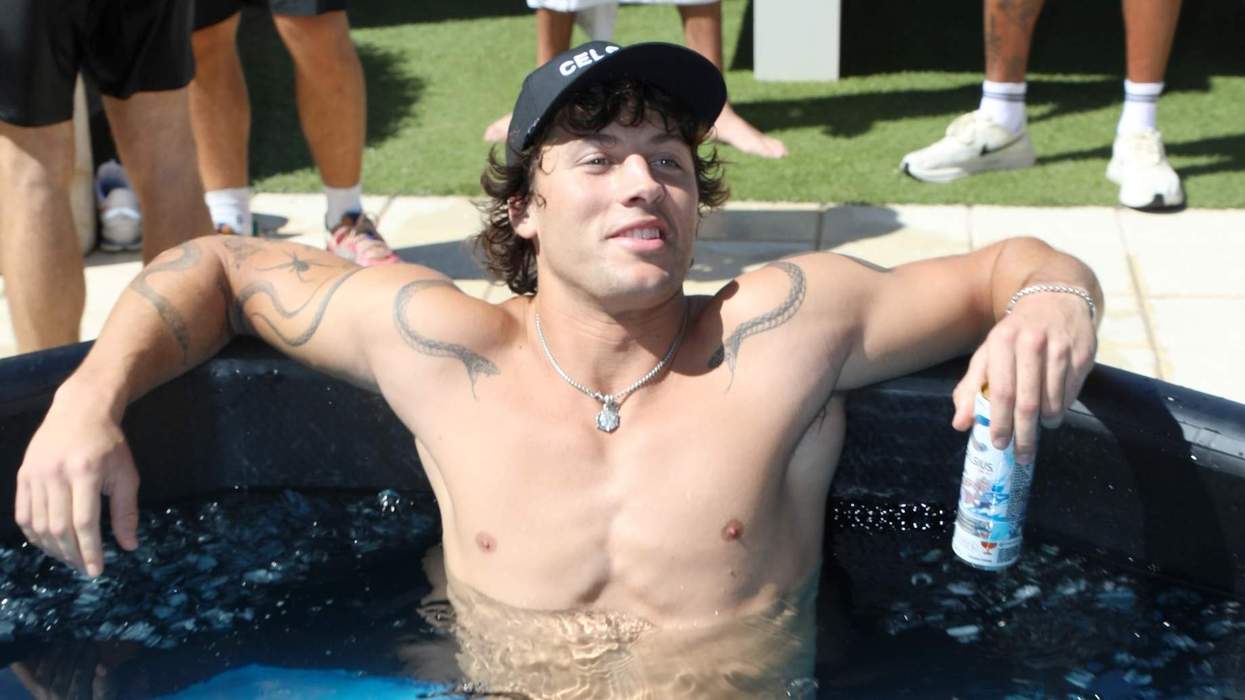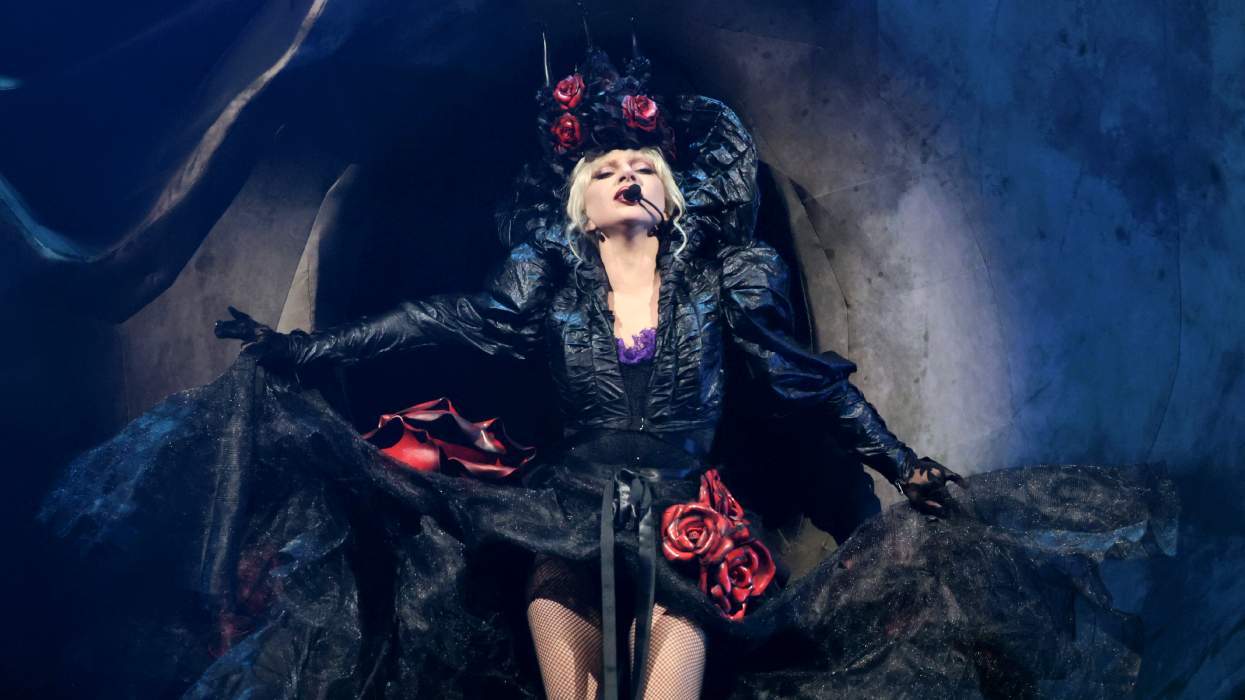If I’ve learned anything in the last few months, it’s that many white queer people are very uncomfortable when it’s time to talk about #BlackLivesMatter. Similarly to cis women who don’t like talking trans issues, communities of color that avoid talking women’s issues, and men who don’t like talking queer issues, time after time we run into this recurring problem, namely, that marginalized folks feel uncomfortable when we’re asked to look at our own privilege.
We grow comfortable in our own marginalization, in our identity as "The Most Marginalized." So cis women don’t want to talk about trans women, because, well, that would mean they have to recognize that despite their own oppression, they’d be forced to recognize the ways that yes, even they, can oppress.
I’m seeing this echoed a lot in the LGBT and queer community. And, as a queer person of color, I’m not a fan. Not at all.
I understand it. No one likes privilege. It’s the reason cishet white men freak out when we talk about issues of misogyny and homophobia and racism. But, for the most part, we all have some form of privilege, and for white queer folks, the point of privilege that comes up time and time again is white privilege. And it’s coming up more than ever with the recent role the Black Lives Matter movement has played in queer spaces.
I’m hoping that this personal essay by a black queer couple calling for support from white LGBTQ folks will remind us all that racialized violence and police brutality *is* 100% a queer issue.
In a recent post on Gay Star News, Rev. Irene Monroe opened up about her spouse, and her continual fear that her spouse wouldn’t make it home.
"When gender identity and sexual orientation come into play, the treatment by police can be harsher. And when the police realized my spouse is a woman, and a lesbian at that, their unbridled homophobia surfaces."
As a black lesbian with a gender non-conforming appearance, Monroe’s spouse is a target for police brutality. This leaves Monroe worrying, constantly. I want you to think about that, my fellow LGBT and queer folks: we have a lesbian worrying about their spouse. Is that not something many of us have felt, whether with our partners or our hookups or just our queer friends? Is this worry not something that many marginalized folks can recognize and relate to?
But it’s specific, because gender non-conforming folks, black folks, and lesbians all face higher rates of violence. One simple reason for this is the fact that these are people who are constantly dehumanized, by both mainstream media and in the everyday. When you’re dehumanized, when people literally don’t see you as human, you’re way more likely to be subject to violence. Because people think they can hurt you, and no one will care.
Empathy isn’t enough, though. You have to listen. Just like we beg straight people to please, please believe us when we say we are hurting because our gender and sexual identities are marginalized, it is up to *us* to believe queer black people when they say they’re hurting, too.
Monroe elaborates:
"When the dominant white culture doesn’t see and hear African-American voices concerning our pains, fears, and vulnerabilities our humanity is distorted and made invisible through a prism of racist, homophobic, transphobic and sexist stereotypes. So, too, is our suffering."
It starts with caring. It starts with listening. It starts with recognizing that talking about difference isn't "divisive." It's important. It's necessary. It's required. Because we aren't all living the same lives.
"I’m calling on my white LGBTI brothers and sisters for help because my spouse and I don’t know where our black bodies are safe in America."
And it continues with white queer folks using that white privilege to make a change.


